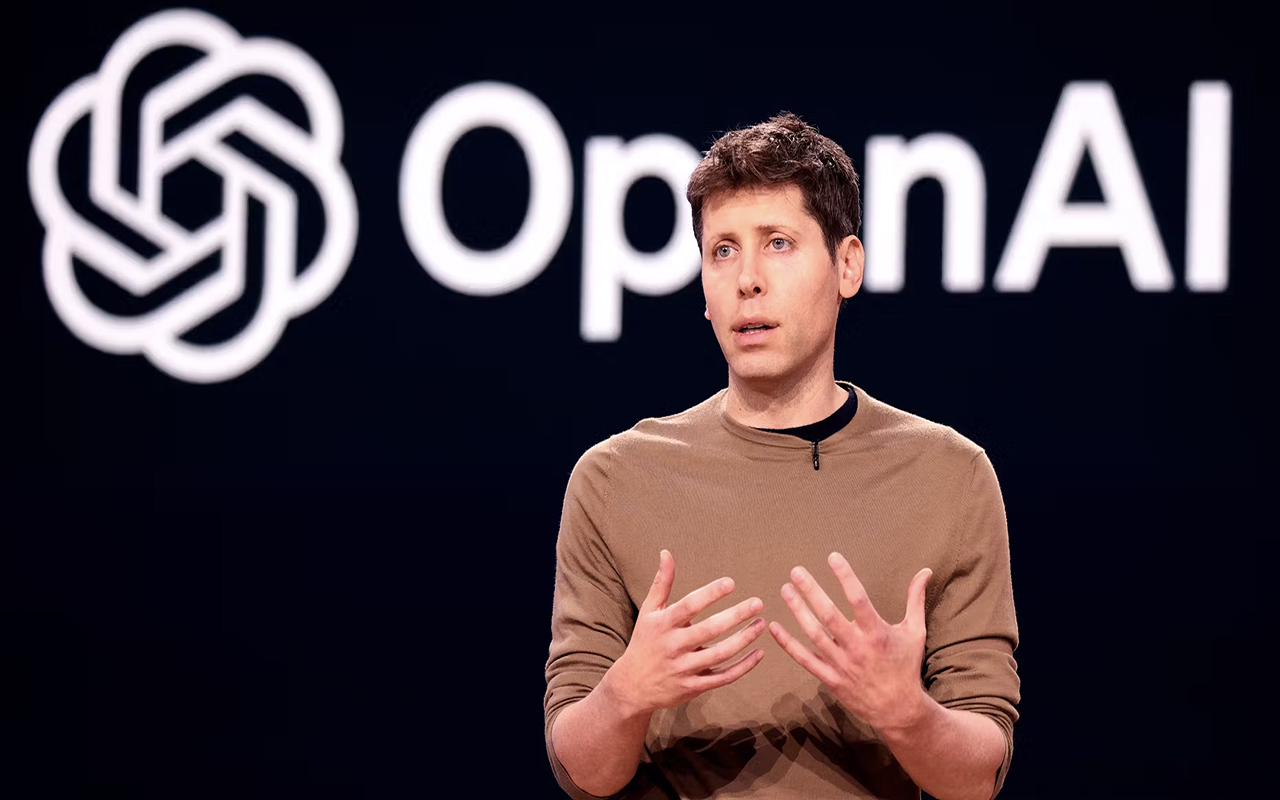
OpenAI Expands Into Defense Sector, Partnering with Controversial Contractor Carahsoft
OpenAI, the company behind the groundbreaking AI tool ChatGPT, is making inroads into the defense sector through a new partnership with government contractor Carahsoft. The collaboration signals a significant shift for OpenAI, which had previously avoided involvement in military and warfare applications. This move comes as the company seeks to expand its presence in the government sector, including securing contracts with the U.S. Department of Defense (DoD).
Earlier this year, OpenAI quietly altered its usage policies, removing language that prohibited the use of its products for military purposes. CEO Sam Altman and other executives have since expressed their openness to defense-related work. To facilitate this, OpenAI has teamed up with Carahsoft, a Virginia-based contractor specializing in government technology solutions. Carahsoft has been accused of price-fixing in its DoD dealings, raising concerns about OpenAI’s entry into this space.
Partnership with Carahsoft and the CHESS Contract
Carahsoft has added OpenAI to a key government procurement mechanism known as the Computer Hardware, Enterprise Software and Solutions (CHESS) contract. The CHESS contract is a streamlined method the U.S. Army uses to purchase IT services from private companies without the usual bureaucratic hurdles. Carahsoft, which works with major tech companies like Google, Microsoft, and HP, now includes OpenAI on its roster of suppliers.
While OpenAI has not yet executed a DoD contract through CHESS, it has already secured other government deals with Carahsoft's assistance. In the past year, Carahsoft helped sell $108,000 worth of ChatGPT licenses to NASA and over $70,000 in licenses to the National Gallery of Art. More recently, OpenAI signed a $100,000 contract with the U.S. Department of Agriculture for access to AI platforms.
The inclusion of OpenAI in the CHESS contract positions the company to easily engage with the Pentagon and other federal agencies. However, this comes at a time when questions are being raised about both Carahsoft’s business practices and the broader ethical implications of AI in military applications.
Carahsoft's Troubled History
Founded in 2004, Carahsoft has grown into one of the most profitable government contractors in the tech sector. Its main role is acting as a middleman between tech companies and federal agencies, particularly the Pentagon, which has awarded Carahsoft contracts worth over $5.6 billion in the past 18 years. In 2023, Carahsoft earned approximately $16 billion in revenue and ranked No. 45 on Forbes' list of America's Largest Private Companies.
Despite its success, Carahsoft has faced multiple legal issues. Last month, the company’s offices were raided by the FBI, reportedly as part of an investigation into a former business partner. Additionally, the U.S. government has sued Carahsoft for allegedly conspiring with software giant SAP to overcharge the DoD. Carahsoft has declined to comment on the case, which remains under seal.
This is not the first time Carahsoft has encountered legal trouble. In 2015, it and cloud computing company VMWare paid a $75 million fine to settle allegations of overcharging the government. The company did not admit to any wrongdoing in that case.
CONTENIDO RELACIONADO
OpenAI’s Growing Ties to Government Agencies
OpenAI’s partnership with Carahsoft is part of a broader effort to establish itself as a key player in the public sector. Last year, the company spent over $200,000 lobbying the DoD and the Department of Homeland Security. In addition to potential defense work, OpenAI is working with government agencies to develop tools that enhance cybersecurity by automatically fixing system vulnerabilities and preventing cyberattacks.
The company has also been active in educating government officials on how its AI models can be applied to a wide range of tasks. In May, OpenAI hosted a webinar, co-organized with Carahsoft, to show state and local government officials how they can use ChatGPT to increase workplace productivity. During the event, OpenAI’s government sales lead, Felipe Millon, highlighted how the company’s models are becoming more capable with each iteration, predicting that the next generation would be 100 times more powerful than current versions.
Carahsoft’s Growing AI Portfolio
Carahsoft is not limiting its AI ambitions to OpenAI. The contractor has also partnered with other AI startups to expand its offerings to government agencies. These include Scale AI, a company valued at $14 billion that specializes in training AI models, and Codeium, an AI coding startup. Additionally, Carahsoft works with Thread AI, a company founded by former Palantir engineers, and Resemble AI, which focuses on deepfake audio detection and voice generation technology.
Resemble AI’s CEO, Zohaib Ahmed, said his company has already started working with U.S. law enforcement and intelligence agencies. He emphasized the importance of Carahsoft in helping AI startups gain exposure to government customers. “Startups typically have a difficult time surfacing their technologies in the public sector,” Ahmed said. “But when you mention Carahsoft, they know who you're talking about.”
OpenAI’s venture into defense contracts through its partnership with Carahsoft marks a significant turning point for the company. While the collaboration opens the door to lucrative government deals, it also raises questions about the ethical implications of AI in military applications and the transparency of Carahsoft’s business practices. As OpenAI continues to expand its government presence, its partnerships—and the controversies surrounding them—will likely remain in the spotlight.



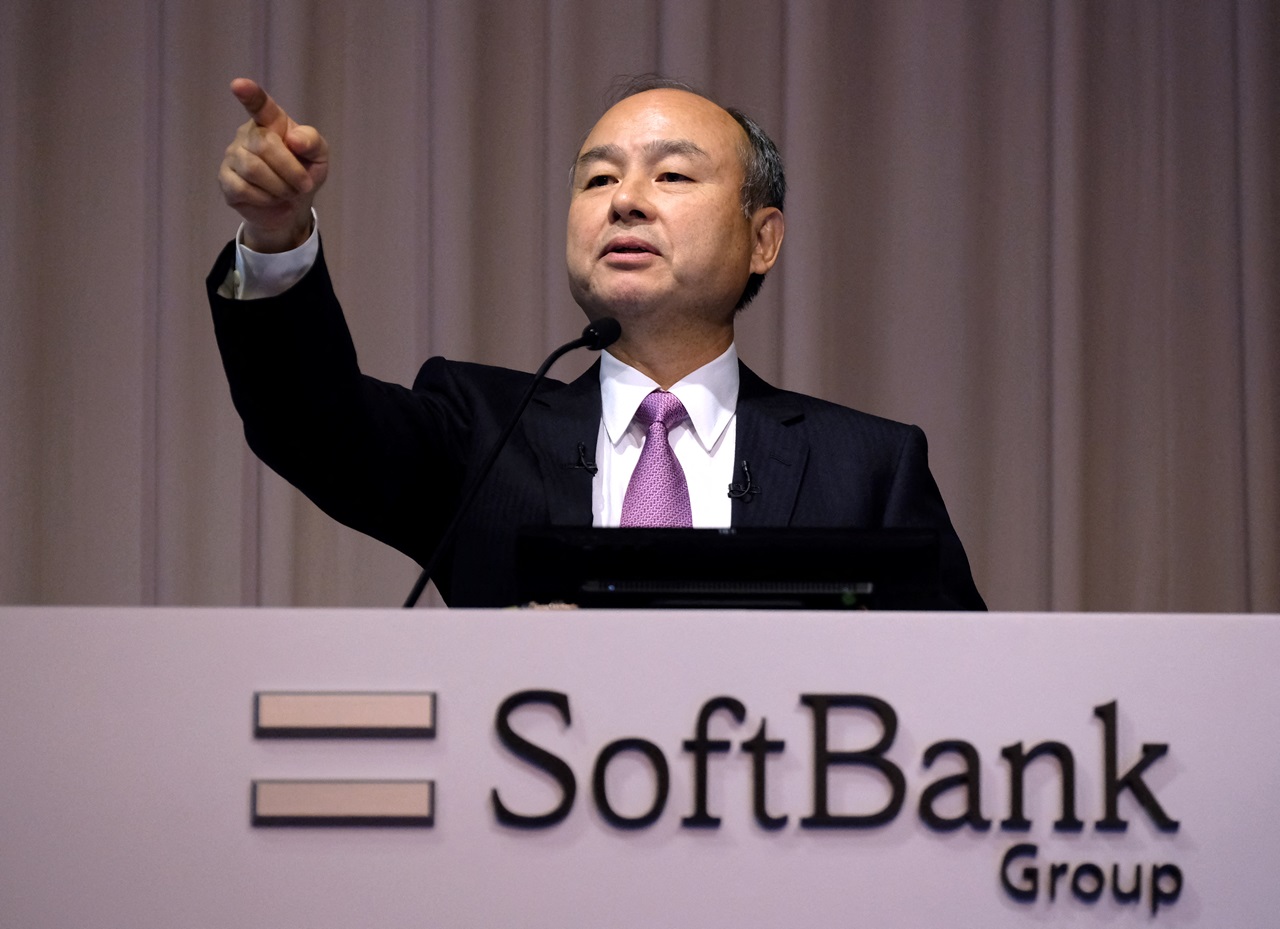


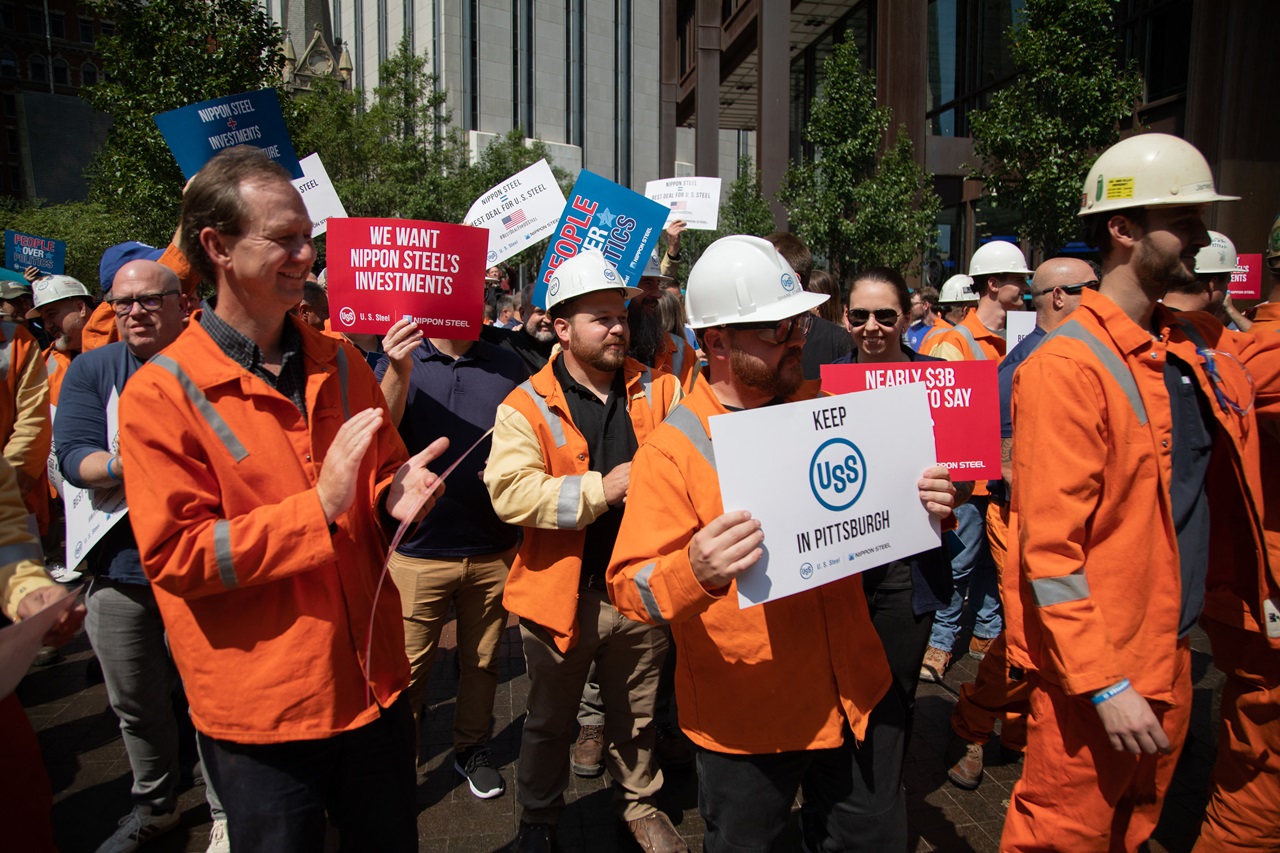
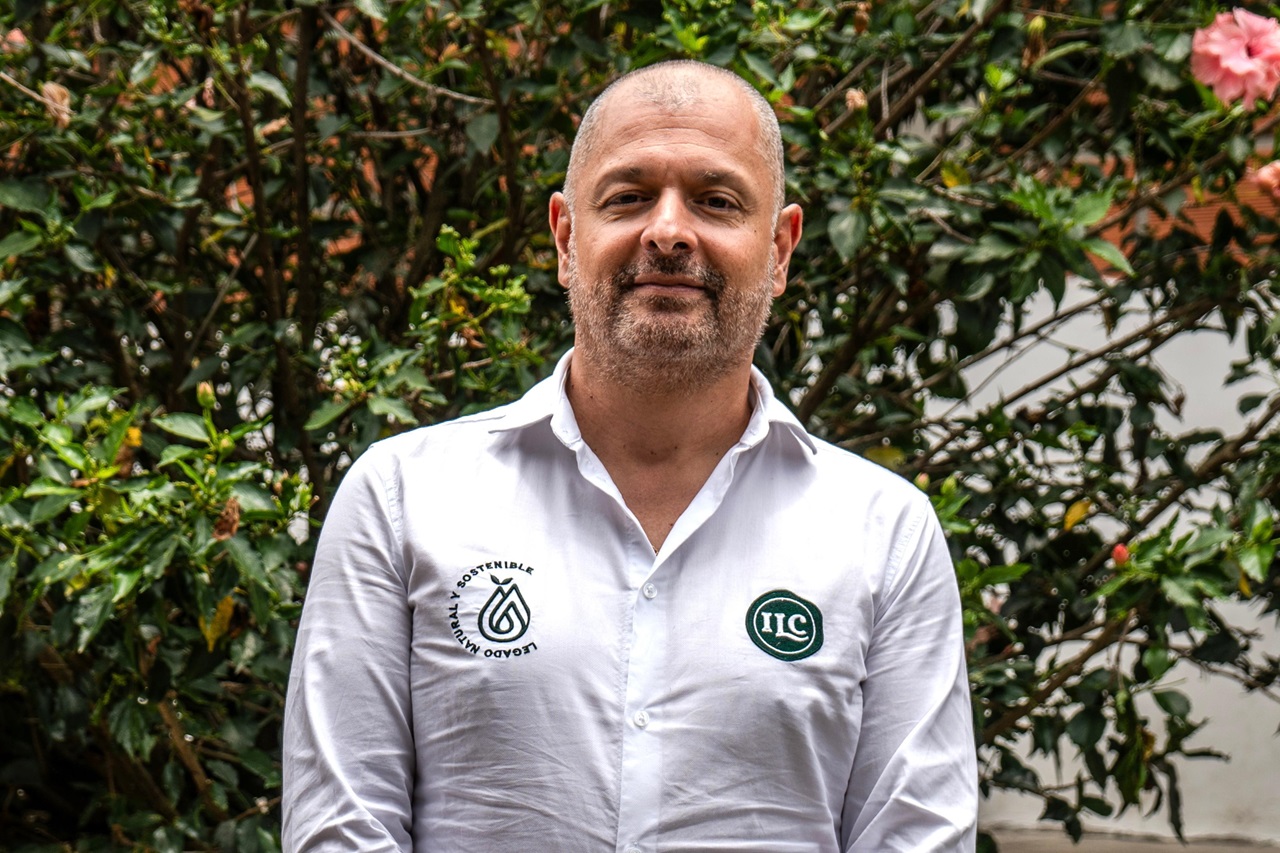

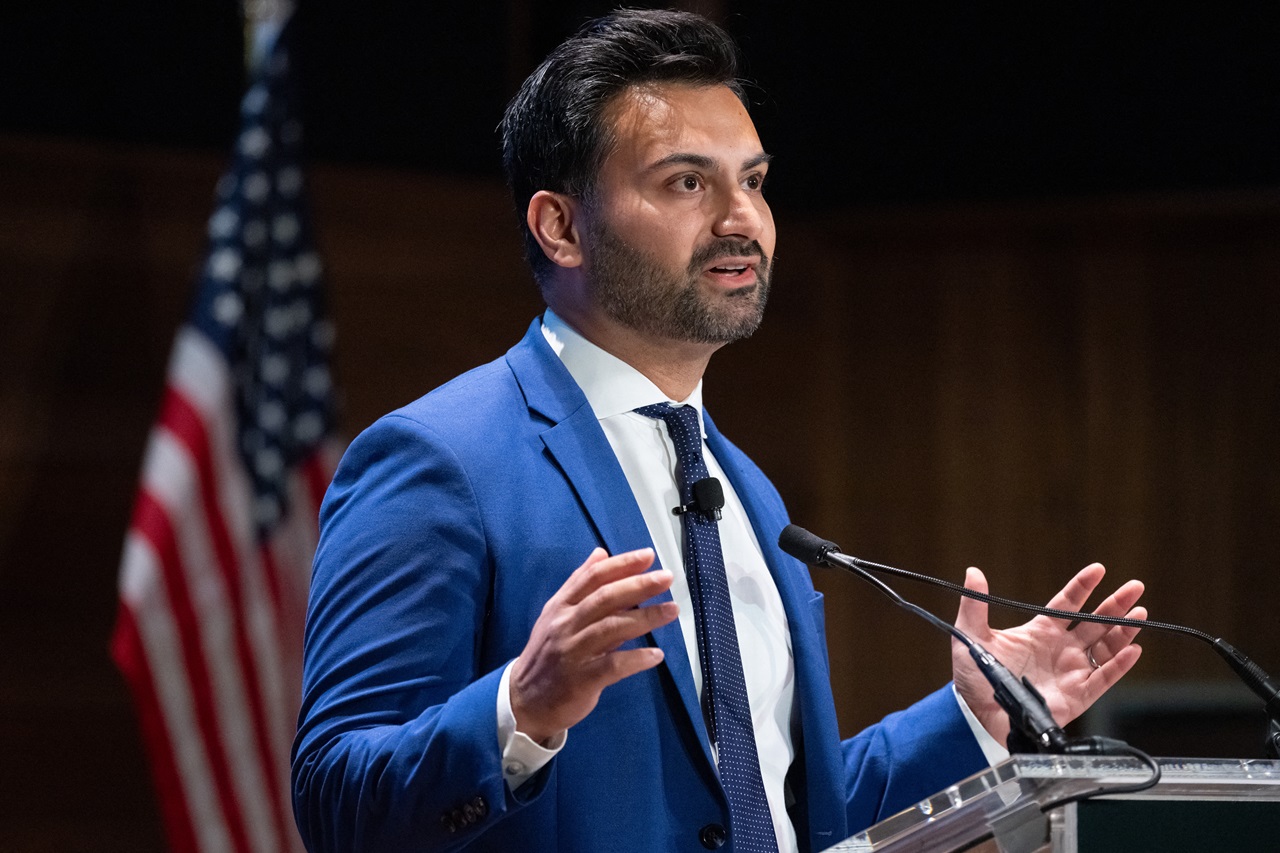
DEJE UN COMENTARIO:
¡Únete a la discusión! Deja un comentario.